Partners
Meet the leading institutions powering the CONCERTO research project.
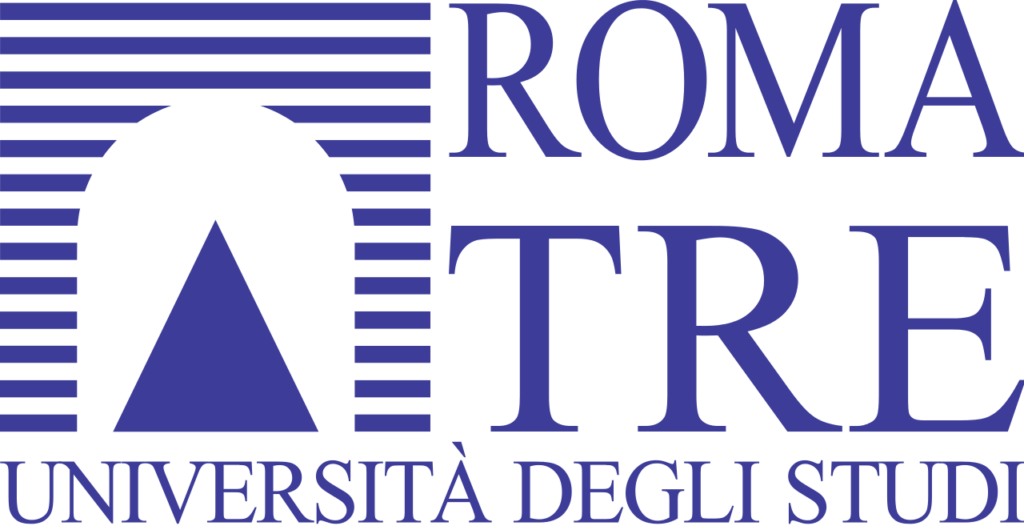
Università degli Studi Roma Tre
Ruolo: Coordinatore del progetto.
Descrizione: Roma Tre si distingue per le sue competenze avanzate nella caratterizzazione multiscala di materiali. È responsabile della gestione complessiva del progetto e dello sviluppo di tecniche di analisi innovative per i materiali ceramici avanzati.
The research activities in CONCERTO will be performed within the Interdepartmental Laboratory of Electron Microscopy (LIME) in Roma Tre University. LIME is currently one of the very few places in Italy where nanoindentation, x-ray diffraction, FIB-SEM-TEM-AFM microscopies, non-contact profilometry and tribological testing are present within the same laboratory. A unique laboratory for nano-mechanical testing is present within the same research group, including dynamic micro/nanoindentation systems, a micro-scratch tester, and an innovative in-situ nanoindenter which can be installed inside the FIB/SEM microscope chamber and allows for the measurement in-situ in combination with EDS spectroscopy and EBSD. Roma Tre University (www.uniroma3.it, 1992) is a dynamic and efficient teaching and research institution. Since its foundation, Uniroma3 focused on international cooperation, being an active participant in national and European Union exchange programs. The results of this policy have been recently recognized by the Italian Government by the attribution of 4 awards as “Department of Excellence” (Science, Engineering, Mathematics and Physics, Law). In addition to the significant amount of funding associated to this, the Departments of Excellence will receive at least 14 additional PhD students each year for the period of the duration of the award.
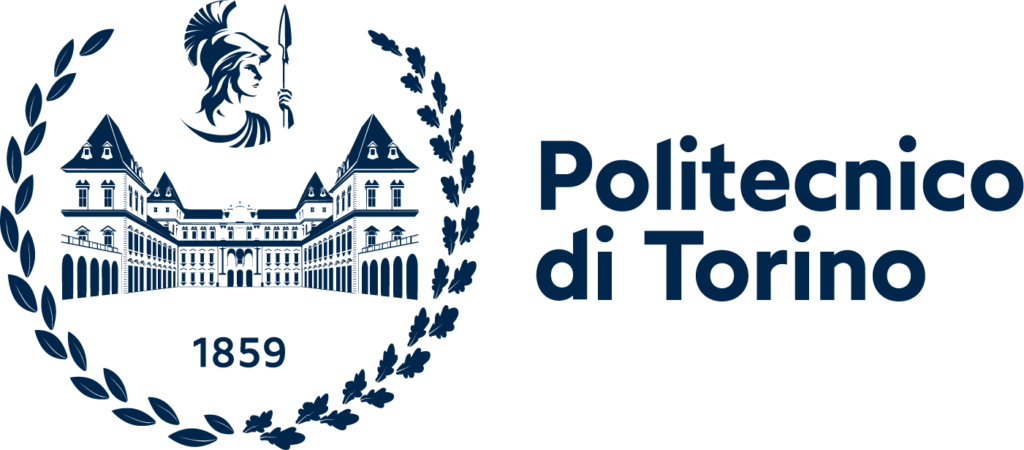
Politecnico di Torino
Ruolo: Partner.
Descrizione: Leader nella fabbricazione di materiali ceramici, il Politecnico si concentra sull’ottimizzazione delle tecniche di produzione avanzata, come la stampa 3D (stereolitografia) e la spruzzatura termica, per applicazioni industriali su larga scala.
POLITO (www.polito.it) is a well-reputed universitythat is strongly committed to collaboration with theindustry. The Research group STEPS (Science and Technology of Powders and Sintered bodies) is part of the Department of Applied Science and Technology (DISAT), which focuses on research and education involving the fundamental principles of matter and energy, their transformation, and related engineering applications. The mission of STEPS is to design, study, and develop, up to a pre-industrial scale, ceramic components for advanced mechanical, thermo-mechanical, and functional applications using traditional or innovative processes. Great effort is devoted to the development of composite ceramics with controlled nano-microstructures and improved mechanical/functional performances; monolithic materials and thick films; porous materials with controlled or graded porosity; and gas and humidity sensors. The expertise of the members of STEPS in nanopowder engineering is recognized worldwide, as attested by the huge number of scientific papers and numerous national and international collaborations on this topic. Recently, such expertise is finding application in an exciting new 3D printing technology, stereolithography, thanks to the recent acquisition of a group of equipment specifically configured for advanced ceramics. In fact, although consolidated for metals and polymers, the new 3D printing technologies are still pioneering for advanced ceramics, boosting the scientific knowledge and
the technological progress to reach new frontiers.
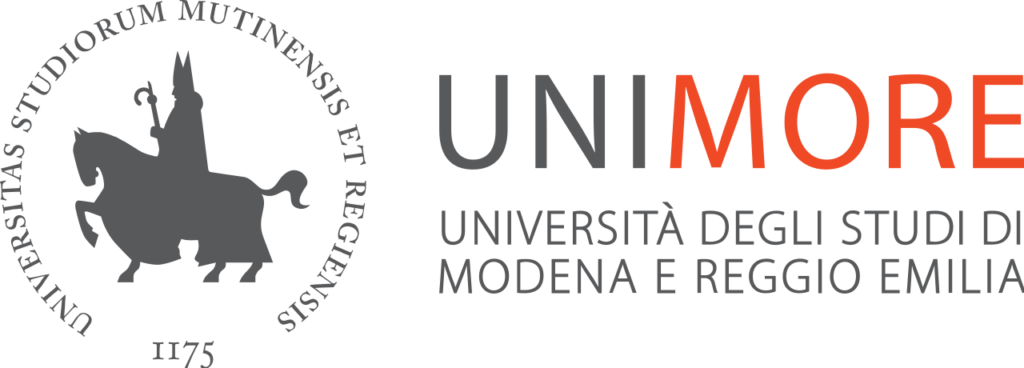
Università degli studi di Modena e Reggio Emilia
Ruolo: Partner.
Descrizione: Riconosciuta per le sue competenze nei rivestimenti ceramici ad alte prestazioni, Modena e Reggio Emilia contribuisce alla validazione dei materiali per applicazioni biomedicali e aerospaziali, con un focus particolare sulla biocompatibilità e sulle barriere termiche.
In this project, the UniMoRe research group will carry out the optimization of TBC manufacturing through thermal spraying, which will be done in close cooperation with industrial end-users to ensure rapid uptake of the innovations, and to carry out functional testing, including all related assessments of degradation mechanisms which will be used as the primary means to link performance to the structural, microstructural and micromechanical characterization performed by UniRoma3. The Department of Engineering “Enzo Ferrari” at the University of Modena and Reggio Emilia (https://www.ingmo.unimore.it/site/home.html) is running an established research activity on coatings, surface engineering, and tribology. The main topics include the development of novel coating formulations for protection against wear, oxidation, and corrosion using such techniques as thermal spraying, physical and chemical vapor deposition, and the tribological testing of coatings and bulk materials under sliding, abrasive, and erosive wear conditions. The research carried out in cooperation with industrial partners and research centers has recently covered topics such as the development of sustainable coating materials. Equipment includes a pilot plant for thermal spraying; furnaces; tribometers for wear testing, also at high temperatures; and structural and microstructural characterization facilities available at the “C.I.G.S.” interdepartmental center (https://www.cigs.unimore.it/).
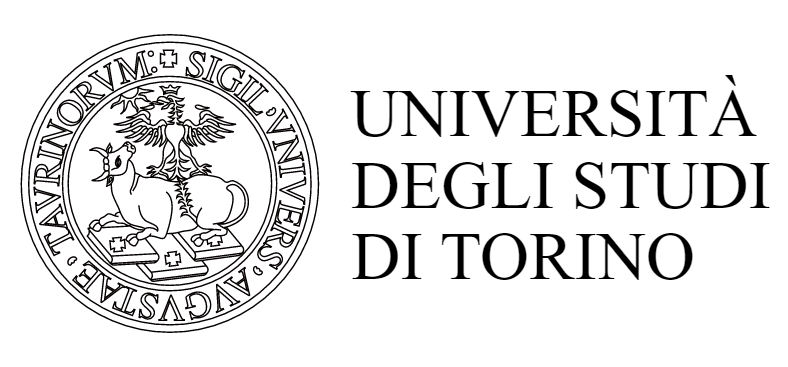
Università degli Studi Di Torino
Ruolo: Partner.
Descrizione: Esperti nell’applicazione biomedicale dei materiali ceramici, l’Università di Torino è responsabile della valutazione delle proprietà meccaniche e della biocompatibilità per protesi dentali e altri impianti medici.
The Dental School (DS) of the University of Turin is part of the Department of Surgery of the University of Turin, which was appointed as Dipartimento di Eccellenza by the Italian Ministry of University and Research (MUR). The DS is also the only academic institution that provides both dentistry and dental hygiene graduation courses in two Italian regions, Piedmont and Valle d’Aosta. The DS holds several Master of Science courses and participates in the prestigious atheneum PhD program in Bioengineering and medical-surgical sciences together with the Politecnico of Torino. Within the research facilities, co-funded by Piedmont Region (Infra-P programme), the laboratory of Bone and Mineralized Tissue Repair and Regeneration is fully equipped with instrumentation for cell culture, cell analysis and imaging, molecular biology and biochemistry (sterile hoods, centrifuges, incubators, microscopes, Western blot analysis instrumentation, RT-PCR analysis instrumentation, -80°Freezer, device for storing cells in liquid nitrogen). A MACSQuant Analyzer 10 is available, allowing modern flow cytometry applications with a range of automated features, whether mining for rare cells, analyzing specific subpopulations of cells, or investigating signaling pathways. A 3D bioprinter, Cell Link Bio X, is also present, and it is one of the most user-friendly and flexible bioprinters available. Three print heads may support different print heads (Heated Pneumatic (rt – 65°); Electromagnetic Droplet (rt – 65°); Temperature-controlled Pneumatic (4–65°); Syringe Pump (rt – 65°); Thermoplastic (250°); Photocuring Toolhead; HD camera).
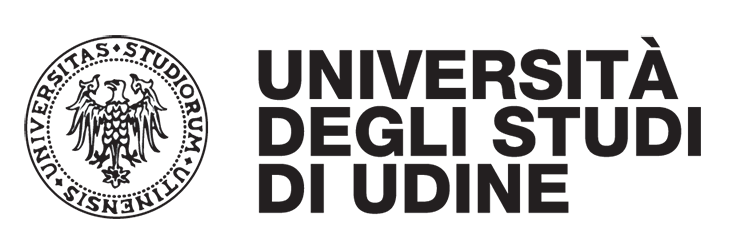
Università degli Studi Di Udine
Ruolo: Partner.
Descrizione: Specializzata nella modellazione computazionale multiscala, l’Università di Udine si occupa di sviluppare modelli avanzati per la previsione della resistenza alla propagazione delle fratture nei materiali ceramici.
Multi-scale numerical modeling activities of CONCERTO will be carried out at the Structural Integrity and Mechanical Design lab (SIMED Lab) of the DPIA. SIMED Lab focuses its expertise on the analysis of structural integrity problems in engineering materials and structures. Multiphysics and multidisciplinary approaches are pursued to advance understanding of material behavior and to solve engineering challenges related to damage-tolerant design and design against failure. SIMED Lab employs advanced multiscale methods to model: fracturing processes in solids (Phase-Field Method, Cohesive Zone Models), the establishment of material constitutive law (cyclic elastoplastic, visco-plastic effects), fatigue behavior (low- and high-cycle, thermo-mechanical, variable amplitude), residual stress, material processing, and diffusion-driven problems. The participation of the research group in CONCERTO will be greatly beneficial as it will strengthen the competencies of the members involved even further, and it will certainly boost its national/international competitiveness.
The University of Udine (UniUD) was founded in 1978 as part of the reconstruction plan of Friuli after the earthquake in 1976. At UniUD, the Polytechnic Department of Engineering and Architecture (DPIA) has demonstrated, over the years, to effectively conduct activities related to research, development, coordination, and management of national and international projects.
